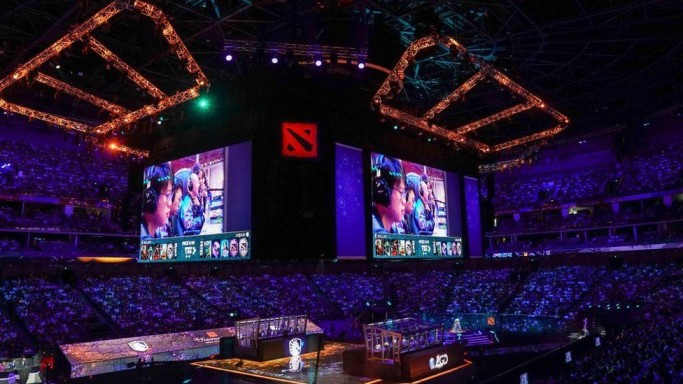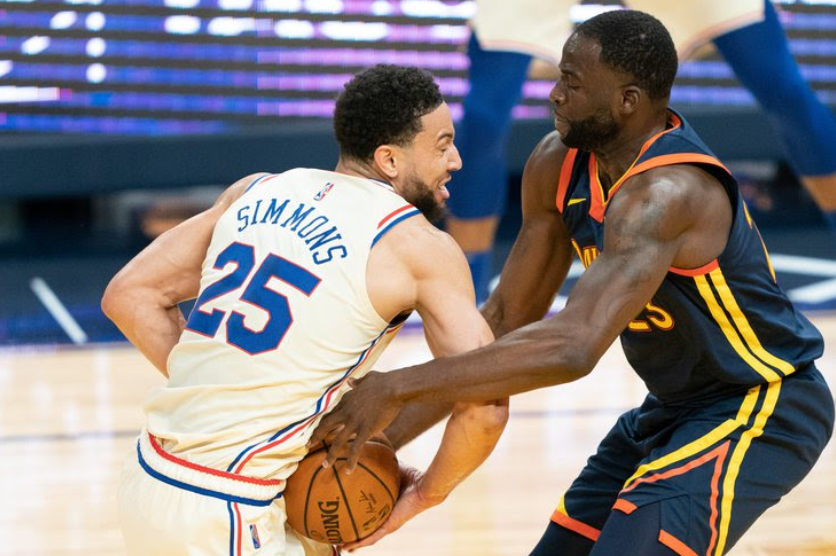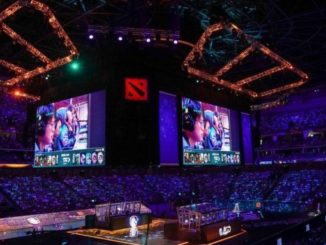As a result of the COVID-19 pandemic and the new way of life that we were forced to adopt, many areas of our ordinary lives, such as traveling and even betting on MLB odds at a physical land-based sportsbook, were negatively affected and were slowed down, if not completely halted, throughout the year 2020. However, despite the fact that many sectors of our economy have now opened up and are running normally again, a substantial amount of harm has certainly been done.
Traditional sports and general shopping, in particular, suffered greatly as a result of the pandemic. These sectors of our economy, as well as aspects of our daily lives, were the most vulnerable to physical contact, travel, and social gatherings.
However, it is very evident that e-Sports, which include video games and online sports, were ‘turbocharged’ during the pandemic era. This is despite the fact that so many conventional services and leisure activities were affected.
Why ESports Benefited From The Pandemic
According to some recent numbers published in research papers, “ticket sales represented around one-eighth of esports’ $1.3 billion in income” in 2020 alone. General admission tickets to events like football games, concerts, and comedy clubs were either revoked or postponed, or they were left in a state of ambiguity.
While college basketball and other related international tournaments were unable to switch to a fully online format, for understandable reasons, eSports tournaments were able to do so. This allowed them to maintain the majority of their original scheduling.
This allowed viewers to then be able to stream from the comfort of their own homes or another remote location. Nonetheless, eSports games, particularly those video games in which all players fight against one another rather than in teams or groups, enjoyed a considerably more seamless transition to COVID-19-friendly settings than other forms of entertainment or leisure.
In addition to the fact that eSports games were being aired in their entirety online even before the pandemic, this had the potential to reach a larger audience. Despite the fact that most significant eSports events have now been aired online for years (thus its exploding popularity), there were no other means to connect with eSports fans at the time.
However, despite the fact that certain ticket sales and physical venue-related income streams were lost in 2020, the online broadcasts of eSports games opened the door for a rise in advertising and sponsorship in the virtual events, which ultimately led to an increase in revenues. A greater number of spectators viewing games online, as a consequence of an increase in advertising and sponsorships, resulting in more than fair compensation and income creation, which in some instances more than compensated for the initial losses from ticket sales.
The Massive Audience
According to the Riot Games’ League Championship Series (League of Legends), the Summer 2020 finals of the League Championship Series attracted almost 35 million hours of viewing time. With a peak audience of 550’000 individuals watching the tournament through internet broadcasts during the peak pandemic summer, the championship had its highest viewership in approximately four to five years.
The viewership of different games’ tournaments varies from year to year, sometimes increasing and sometimes decreasing depending on the overall popularity of the game franchise. Overall, esports has seen an increase in the number of viewers and users (gamers) year on year. This quick switch to a fully online broadcast does well to demonstrate the size of the market.
The vast market breadth led to a greater number of advertising and sponsorship partnerships, resulting in a greater income stream. Riot Games’ League Championship Series, for example, landed a significant sponsorship contract with Honda, a Japanese automobile manufacturer.
Seeing huge, mainstream blue-chip corporations enter the esports sponsorship and advertising markets is very encouraging. It will assist in laying the groundwork for the long-term viability of the esports sector in the new digital age.
Esports has experienced rapid growth throughout the 2020 pandemic, with little or no signs of slowing down. From musicians holding concerts in video games like Fortnite to mainstream companies securing sponsorship deals with major esports tournaments, Esports has experienced rapid growth throughout the pandemic. It seems poised to establish itself as a huge industry for the future, rivaling current titans such as movies and music.
Is a freelance tech writer based in the East Continent, is quite fascinated by modern-day gadgets, smartphones, and all the hype and buzz about modern technology on the Internet. Besides this a part-time photographer and love to travel and explore. Follow me on. Twitter, Facebook Or Simply Contact Here. Or Email: [email protected]

![23 Best Football Streaming Apps Free on Android [2023]. [All Leagues Streaming] Apps to Watch Live Football Matches](https://axeetech.com/wp-content/uploads/2022/11/Apps-to-Watch-Live-Football-Matches-1.jpg)








Leave a Reply